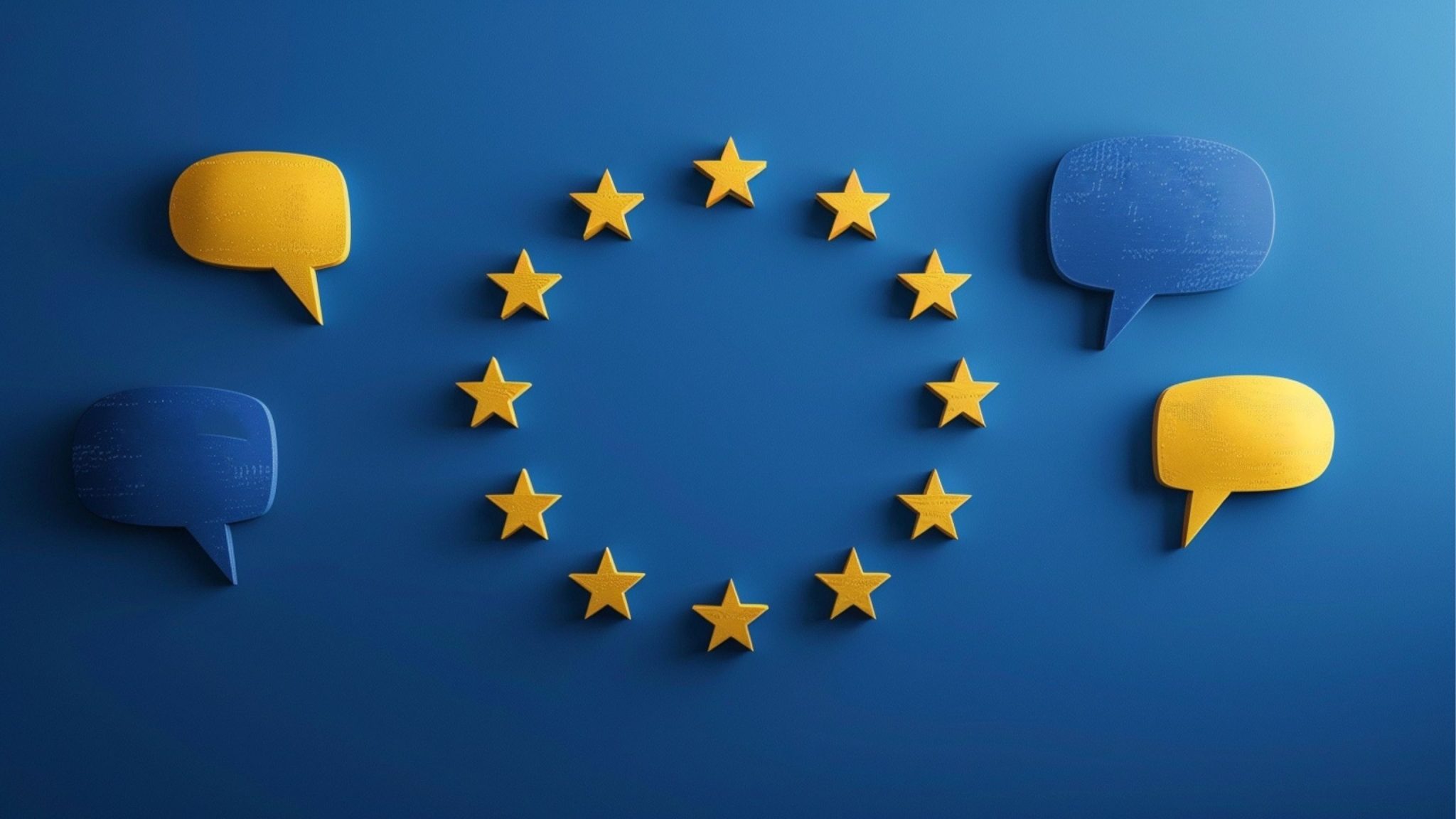by Christina Maas, Reclaim The Net:

Ah, elections—the pinnacle of democracy where the common folk cast their ballots and, ideally, choose their fate. But hold onto your hats, because behind the grandeur of the European Parliament elections this year lurked a very different sort of governance, one executed not in the open streets but in algorithmic backrooms. Welcome to the Age of Censorship-as-a-Service, brought to you by our ever-dependable friends at Meta, Google, and TikTok.
TRUTH LIVES on at https://sgtreport.tv/
Meta’s Mission: Make the Truth More… Manageable
Let’s begin with Meta. In a move that feels like something out of a dystopian satire, Meta proudly announced they had reduced the reach of tens of millions of posts across Europe. They wielded over 150,000 Facebook fact-checking articles to de-escalate the virality of 30 million pieces of content. According to Meta, this wasn’t censorship—no, it was a mere “scaling of the work of independent fact-checkers.” The way they tell it, this was all in the name of maintaining “informed and reliable discussions.” Ah, reliable discussions, where only pre-approved, EU-certified opinions are allowed to flow freely.
Related: EU Regulators Seek to Formalize “Disinformation Code” Under Censorship Law
Of course, official government statements and the edicts from the holy temples of global health organizations were entirely exempt from Meta’s moderating fervor. After all, why impede the credibility of those who are never wrong—except, of course, when they are, but let’s not get hung up on inconvenient details like that.
On Instagram, another Meta product, this brave new moderation mission persisted. The platform used 39,000 fact-checking articles to put the brakes on nearly a million posts. That’s right—one million “potentially hazardous” thoughts and opinions that, for the good of humanity, needed a little algorithmic throttle. And if you were wondering, it wasn’t just the memes of conspiracy theorists—they made sure that you, your grandma, and that neighbor with too many political opinions got the message too: “Play nice, or we’ll see to it no one hears you.”
TikTok: Suppressing, But Make It Fashionable
Meta wasn’t the only digital nanny keeping Europeans in line. Over at TikTok, the playbook got even hazier. The platform took pride in admitting that it restricted misleading posts—though, unlike Meta, TikTok kept the numbers conveniently vague. You see, their strategy was more about “awareness,” guiding content creators with a gentle algorithmic shove away from the tempting edges of disinformation. How thoughtful.
As if to prove their dedication to curated reality, TikTok also pointed Irish users in the direction of fact-checks from TheJournal.ie, an outlet that coincidentally receives EU funding. No conflict of interest there, right? Just an honest effort to “raise awareness.” And while TikTok didn’t offer up the numbers, we can be assured that plenty of thumbs danced across phone screens only to find their intended messages conveniently dulled down or disappeared.
Google: Where Terms of Service Are Optional
And then we have Google, that beacon of a supposedly neutral search engine—except when it isn’t. Reports show that YouTube, under Google’s magnanimous ownership, automatically deboosted videos that complied with their very own terms of service. Yes, you read that right. Even when content passed muster by their own rulebook, some unseen hand deemed it “unworthy.” Google tells us this was to curb the spread of misinformation. A noble aim, except for that pesky issue of who gets to decide what counts as misinformation—and why.
Critics, like Tom Vandendriessche, an MEP for Patriots for Europe, have not been fooled by the big, earnest proclamations of “integrity protection.” Vandendriessche—whose party has fought and won against Big Tech’s silencing efforts—paints a stark picture of unchecked power: tech companies with unprecedented influence, deciding who gets heard and who doesn’t. “This could lead to an era of ‘techno-communism,’” Vandendriessche argued to Brussels Signal, where an unelected cabal decides what constitutes reality for the rest of us. A “techno-communism” where, if your thoughts don’t align with the given narrative, they might as well not exist.
It’s not like Vandendriessche is shouting into the void, either. His criticism comes backed by experience, his party having already tasted the bitter fruits of deplatforming. If a democratically elected official can’t even get his voice out there without tech giants intervening, what hope is there for the average citizen with an inconvenient truth?



